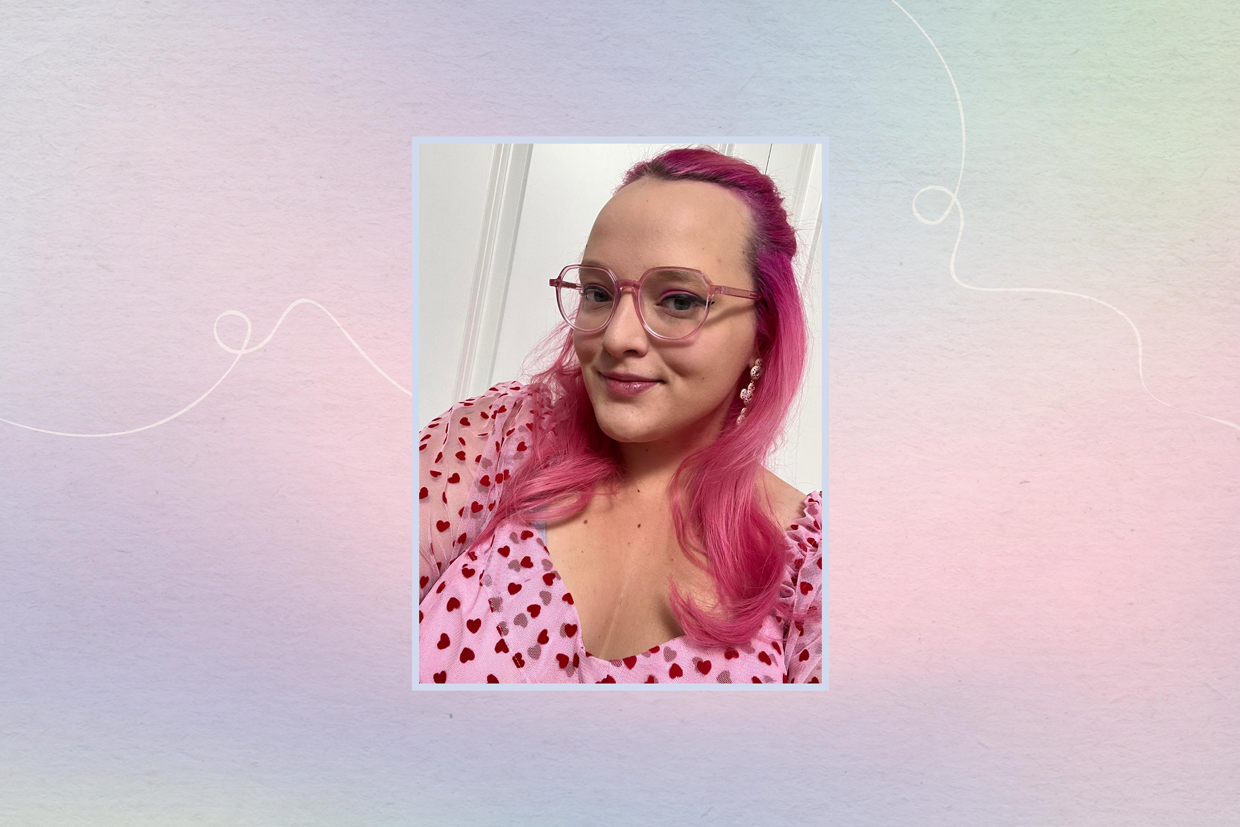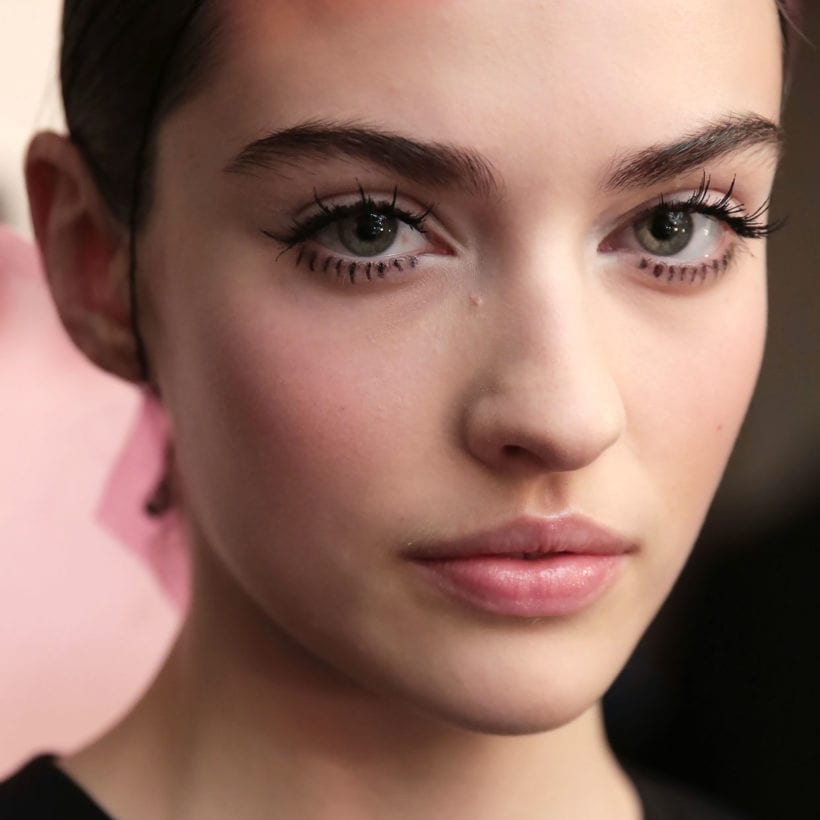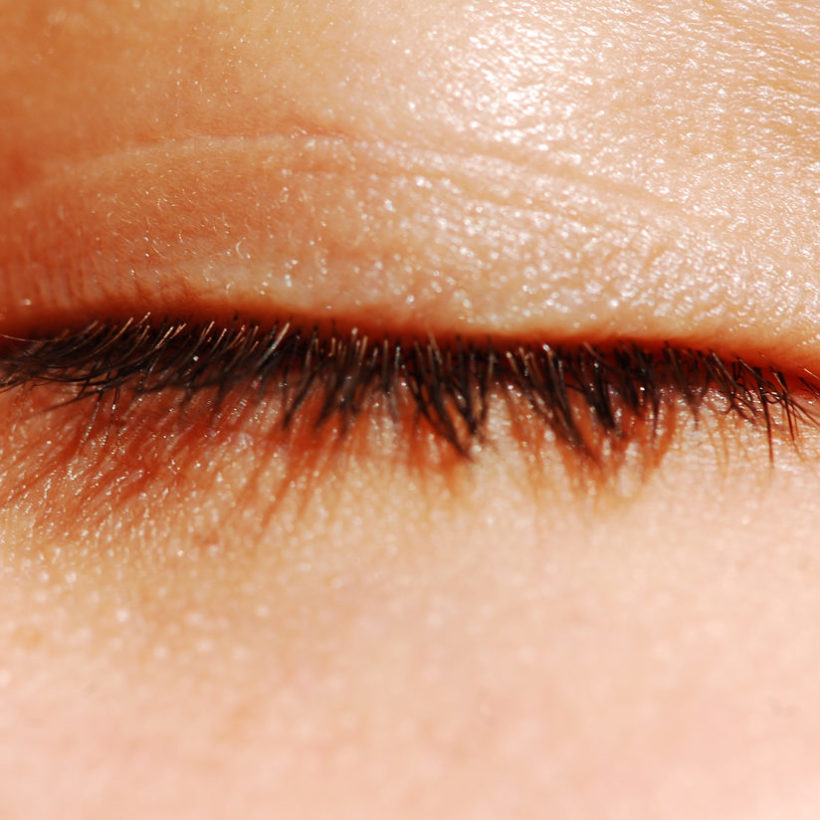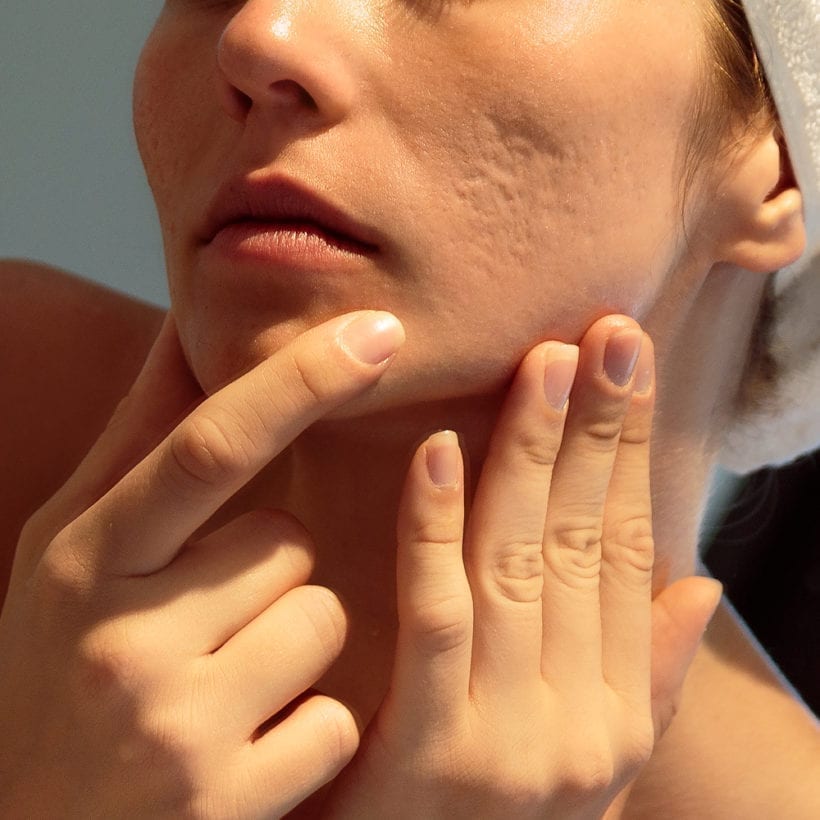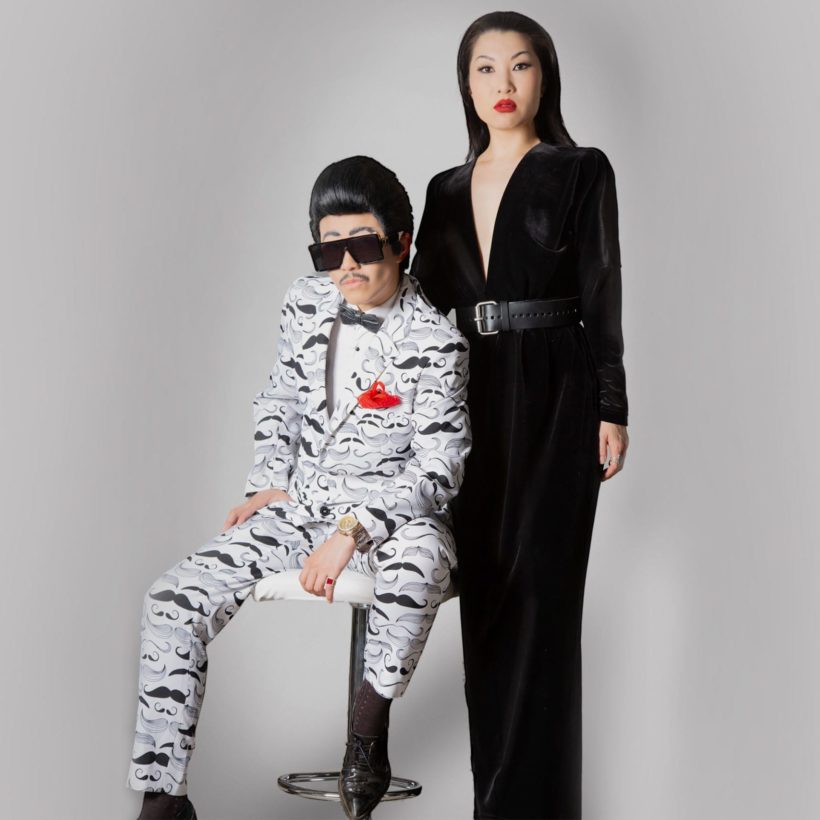When you think of makeup, what’s the first thing that comes to mind? If it’s mascara, then you’re not alone. For myself, as a beauty writer, mascara is always on the top of my mind because who doesn’t want long, voluminous lashes? Since the National Lash Day (Feb. 19) is tomorrow, I wanted to reflect on my relationship with eyelashes because it’s been a rocky one.
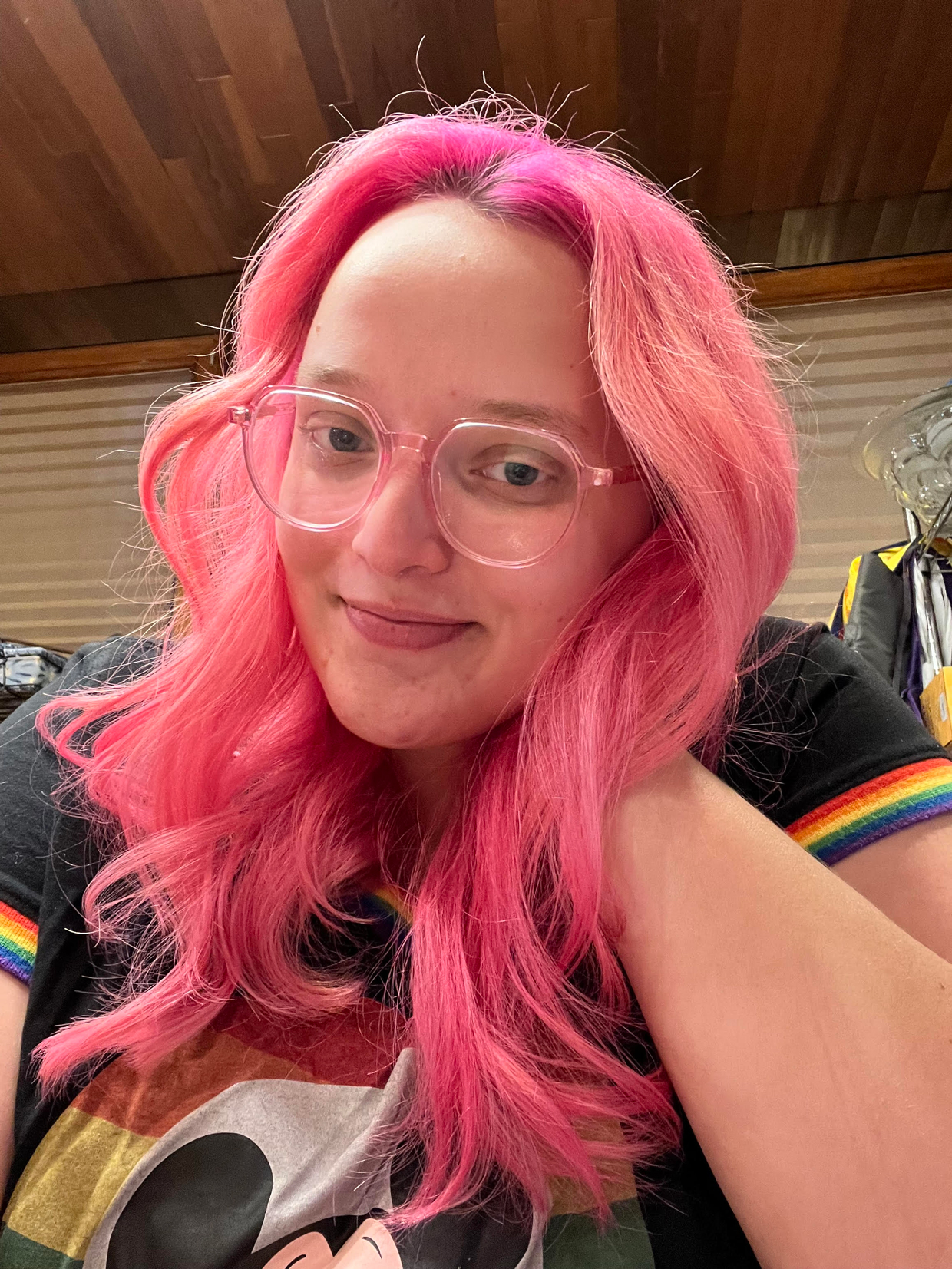
I’m the first person who would do anything to have eyelashes, seriously. While I might have access to the latest mascaras and volumizing formulas, I don’t have eyelashes to put the product on.
You read that right: I don’t have eyelashes. No, I wasn’t born without eyelashes, but I suffer from a condition called trichotillomania. It is a hair-pulling condition that involves the urge to pull hair out from one’s head, eyebrows, eyelashes, etc. So when I was 10-years-old, my parents asked me where my eyelashes went. At first, I was just as confused as they were — I thought they were there like everyone else’s. However, it turned out that I was subconsciously pulling at them as a byproduct of anxiety.
I wouldn’t say my parents were mad, but more so confused, as were my peers. They thought I was hurting myself, but it wasn’t painful at all. Of course, the constant stares didn’t help or the name-calling, but what was I to expect when looking back at it? As you can imagine, not having eyelashes took a toll on my self-esteem and still does sometimes. For the longest time, I was ashamed of my bare naked eyes resulting from nothing other than my actions. I envied people with long, luscious lashes because I’d never had them. (Scratch that, I can never say never, but relapse is inevitable as I’ve found out the hard way.)
Trichotillomania is a hair-pulling condition that involves the urge to pull hair out from one’s head, eyebrows, eyelashes, etc.
However, since I’m constantly infiltrated with beauty pitches and news about the latest products (mascaras, false lashes, eyeliners, eyeshadows, etc.), it has made it hard for me to forget about the fact that I’ll never be able to experience these products in their glory and look how society believes “conventionally attractive.”
For eyeliner, that’s a slightly different story because I can still wear it. Actually, I wear it all the time to fill in the gaps where I don’t have eyelashes. However, for mascaras and falsies, there’s nothing I can do. Inevitably, there are times when I want to try the mascara going viral on TikTok or the new formula every beauty editor can’t stop talking about, but I can’t.
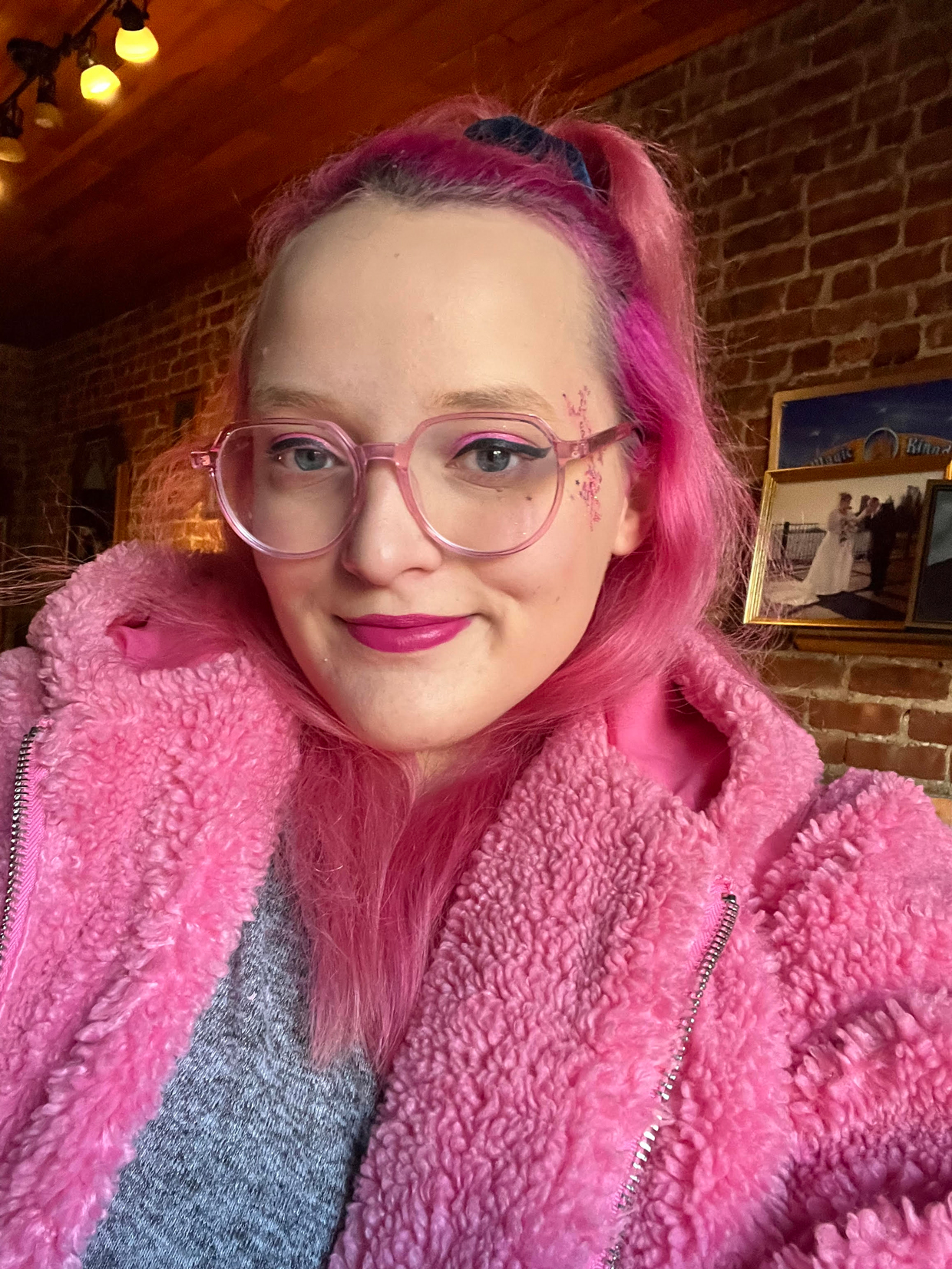
I’m not going to sit here and say that it’s not hard being a beauty writer without eyelashes because it is sometimes. Just because I can’t use these products doesn’t mean everyone else doesn’t deserve to be informed about them. If anything, since I can’t use them, I want everyone else who can to get their hands on them — that’s part of the reason I love my job.
And yes, my job involves getting beauty makeovers and having to tell the MUA to skip 95% of the eye look because I literally can’t pull it off. Sometimes it’s embarrassing because I’m supposed to be an authority figure in the beauty space but can’t even wear mascara. I’ve had artists who haven’t mentioned it directly but were more like, “you can’t even wear mascara, so I’m not going to bother applying.” I mean, they aren’t wrong, but pointing it out like that can be hurtful.
With that said, sometimes, like me, you may want to create the appearance of a full set of lashes or hide the fact they are missing. Depending on what you’re working with, filling in with black eyeliner can help hide the gaps, or you can adhere falsies to the remaining lashes if you want a more natural look. If you don’t want to cover them, consider an eyelash serum to help stimulate the hair follicles and encourage growth. However, I’ve learned that it isn’t whether or not I wear mascara that makes me a beauty writer or beautiful. It’s not about my lashes, but the inner confidence and courage I have, which I celebrate on National Lash Day. While I have yet to experience any blatant criticism from coworkers and readers, I think the hardest part is my self-judgment. I constantly compare myself to other beauty editors and writers who make content trying on different eye products and feel less than because I can’t.
It takes courage not only to admit you have a problem but to share that and be open with people. I might not have something that society says is a “standard of beauty,” but I celebrate my differences today.
What makes me beautiful is being authentic, vulnerable, and confident. I’ve had trichotillomania on and off for the past 15 years, so I’ve had lots of time to grow accustomed to not only my own judgments but also those of people around me. It’s not easy, and sometimes I still question my worth and whether or not I’m in the right profession, but at the end of the day, whether or not I have hair on my eyes doesn’t dictate my knowledge or passion for beauty. Honestly, the more I think about it, society praises women for having hairless legs and armpits, so why is it different when it comes to a head and face? Just some food for thought.
National Lash Day isn’t the only day I celebrate myself for all that I am, but it is an excellent reminder that I’m beautiful in my own right. Whether you have eyelashes or not, I’m sure there is a part of you that society says isn’t beautiful or says you should have to be beautiful. I’ve been there, and I want you to know you’re not alone. Take it from me, someone without eyelashes in the beauty industry.
If you have trichotillomania or another BFRB (body-focused repetitive behavior), you may want to consider joining some support groups on Facebook and Instagram.
